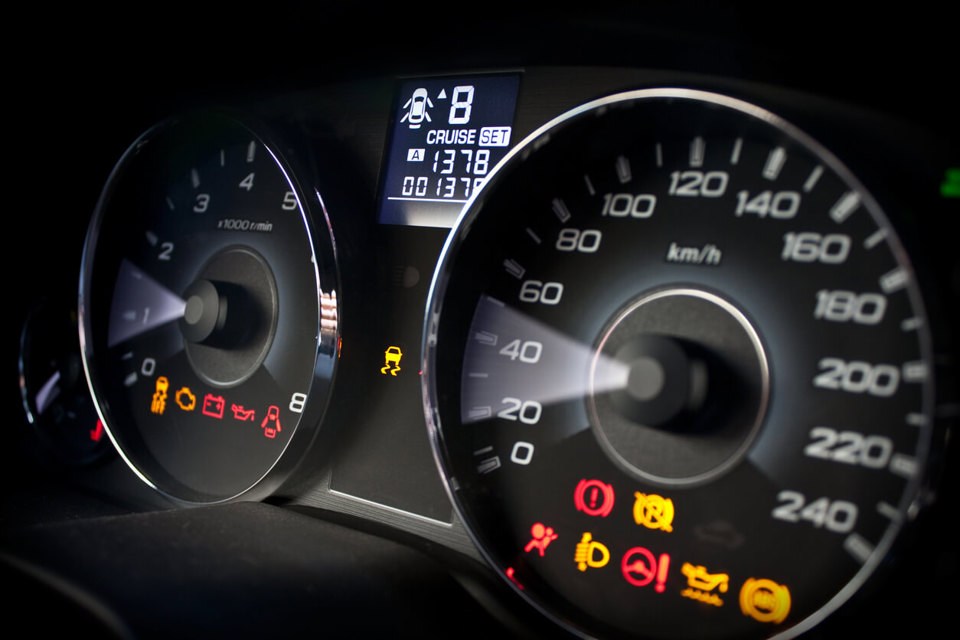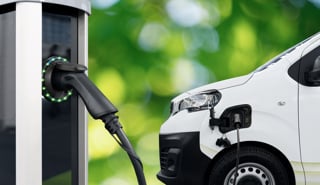Motor dealers are concerned that ‘clocking’ of used cars is becoming increasingly common on their forecourts, according to new figures from automotive data experts Cap HPI.
In a monthly survey, conducted with dealer networks across the UK, a quarter expressed concern that clocking and mileage discrepancies had worsened in the past 12 months.
More than a third (36%) of dealers are concerned that the incidence of clocking will have a negative impact on their business, making a dent in profitability.
The practice of clocking takes place when drivers look to deliberately defraud second-hand car buyers when the vehicle is sold on.
Earlier this year Cap HPI established that the number of cars showing mileage discrepancies rose to one in 16, a jump of 25% on 2014’s figures of one in 20 cars displaying a discrepancy.
And, with this one in 16 chance of purchasing a vehicle with a mileage discrepancy, the cost to motorists stands at over £800 million every year.
The HPI Check includes a mileage check against the National Mileage Register as standard, now with more than 200 million mileage readings. Cap HPI also confirms whether a vehicle is currently recorded as stolen with the police, has outstanding finance or safety recalls against it or has been written-off, making it the best way for consumers to protect themselves from fraudsters looking to make a fast profit.
Barry Shorto, head of industry relations at Cap HPI, said: “There’s no doubt that the escalating problems associated with clocking and mileage tampering are now starting to become a cause for concern by dealerships across the UK.
“The situation demands a tough stance from the industry and the government as not only is it costing honest motorists millions but it is tarnishing the good names of established and reputable car dealers across the UK who are on the receiving end of this deception.
“There’s also the vital issue of driver safety which unscrupulous clockers have no regard for whatsoever in their quest to make a quick buck. The problem needs to be dealt with swiftly and culprits punished severely.”
Shorto believes there are a number of reasons for the increase in clocking. He said: “The continued development of technologies to alter digital odometers is a major factor with easy access to this technology via the internet and similarly, the ease of access to mileage adjustment services online, some of whom will behave legitimately, others less so.
“The increase in mileage-related finance arrangements such as PCP and PCH may also be a contributing factor as motorists look to bring down their mileage count to within contracted levels and avoid paying penalties for excess mileage.”
Earlier this year, Cap HPI played a vital role in securing custodial sentences for individuals in the North West involved in what is thought to be one of the largest clocking cases in UK legal history.
Shorto concluded: “Our latest insight from the dealer network shows that this is having an impact and is a worry for many.
“The convictions secured earlier this year should serve as a clear warning shot to clockers and it’s only a matter of time before they are caught and brought to justice.
“Our advice to dealers is not only should they make conducting mileage investigations an integral part of their business process to protect their reputation and their customers, but they must actively promote the fact that these checks have been done for customer peace of mind.
“Proof of a mileage check needs to be a key part of a dealer’s sales strategy, promoting the quality of their stock, as well as highlighting the dangers of clocking for their customers.”






















Login to comment
Comments
No comments have been made yet.